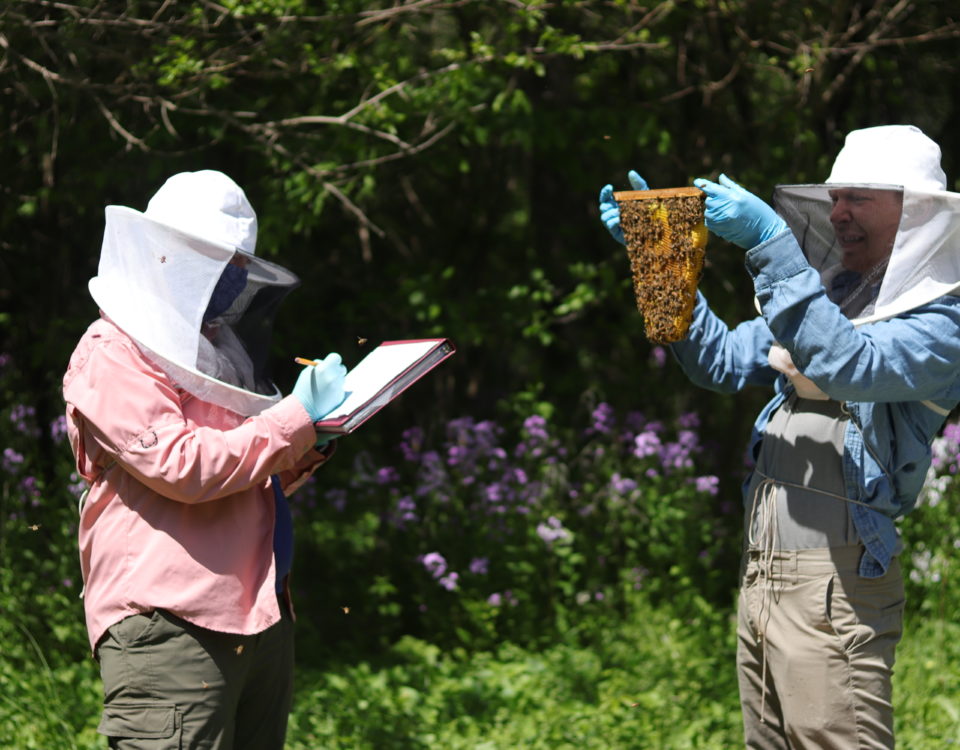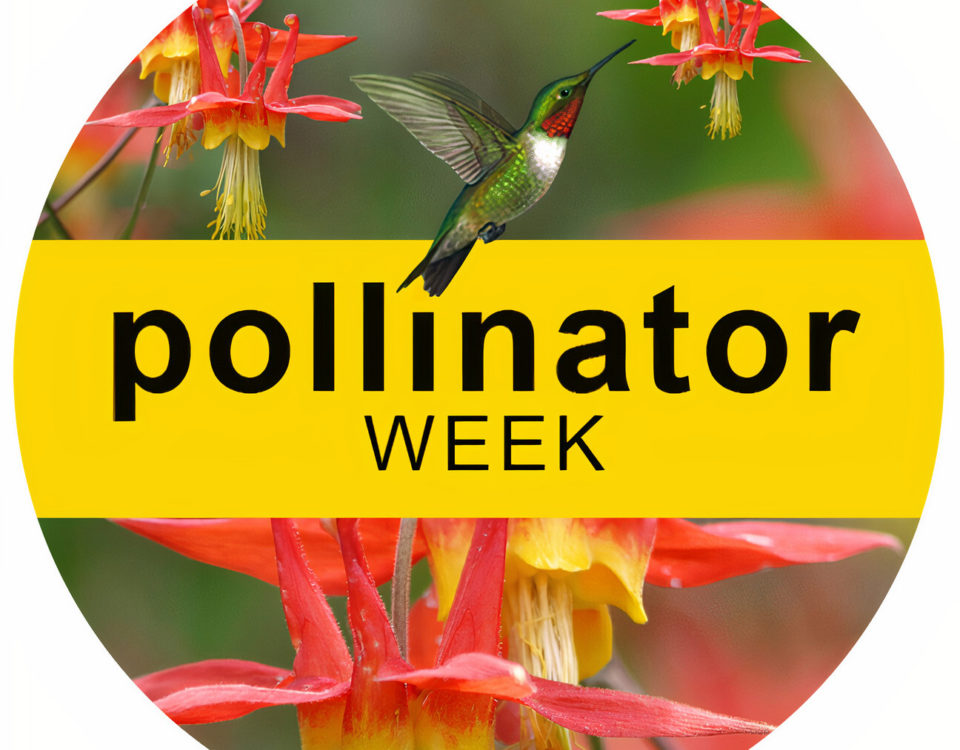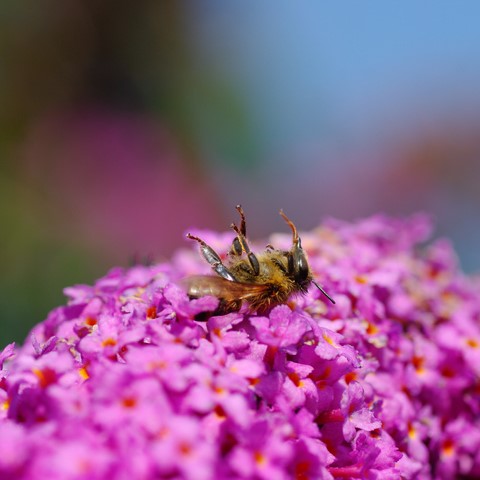- All-In-One Beekeeping for the Bees
- +1-608-728-8233
- info@beepods.com
How to Change Your Students’ Lives With Project-Based Learning

The hands-on, interactive nature of beekeeping is perfect for project-based learning.
Designing an impactful curriculum in your school is vital to your students’ success. One of the most exciting ways to engage your learners, and help them develop skills (or, the 5 Cs as we like to call them) like critical thinking, communication, creativity, collaboration, and content knowledge is to use project-based learning about bees. Here’s how you do it using Beepods’ educational resources.
Why Does Project-Based Learning Matter
We know that project-based learning helps students develop real-world skills that they would not otherwise develop using the traditional memorization and testing model of education. Consequently, the five Cs listed above are essential skills for succeeding in future careers. Project-based learning helps students start developing those skills.
Frankly, students that benefit from project-based learning are uniquely prepared to enter the world after school. We know you don’t want your students to go into the world knowing how to memorize the capitals of every state. You want them to be able to learn, grow, and contribute in the best way possible.
Since honey bees pollinate more than 80% of our cultivated crops, they are an incredibly relevant real-life example of science in action. Helping children understand the impact honey bees have on our world can inspire them to design projects focusing on sustainability, agriculture, engineering, superorganisms, and more. Honey bees have applications in pretty much every subject taught in a classroom. For example, home economics and business are bee-related subjects. So you can easily adjust the learning to meet the subject matter you want to cover.
Let’s talk about how you can include project-based learning about bees in your classroom.
Bring Beepods Lab Into Your Classroom

The hands-on, interactive nature of beekeeping is perfect for project-based learning.
A Beepods Lab membership sets the stage for successful project-based learning. We recommend talking to your administration about signing up for a Lab membership. Once you have access, you will find a sampling of lesson plans available in the Bee Educated section with more to come. Each lesson plan lists the grade level the lesson is appropriate for.
These lesson plans are a great place to start to get your students interested in and engaged with the world of bees. “The Three Types of Honey Bees”, for grades 6-10 teaches students about the differences between workers, drones, and the queen. Similarly, the “Bee Educated Scavenger Hunt” for grades K-6 gets young learners outside and viewing their backyards in a different way. These lesson plans are fun, get the students thinking, and create opportunities to get outside and observe the world around them.
But don’t limit yourself to the Bee Educated section of Beepods Lab. Beepods Lab has dozens of videos featuring our staff experts demonstrating and discussing the art of beekeeping. Our beekeepers will show your students how to fix comb, harvest honey, install bees into a hive, and more.
Beepods Lab: Abundant Educational Resources
In the Office Hours section, you’ll find video walkthroughs that show how far-reaching bees are in our society. You can make “bee balls” to plant in the schoolyard, learn about the benefits of weeds from our friend, Master Gardener Pete, and get a tour of our bee yard with Head Beekeeper Sam. If you watch any one of the Office Hours, check out the interview with Kip Jacobs. He’s an educator with firsthand knowledge about how much bee education can change students’ lives.
All of these resources can help your students start conceptualizing how much bees impact the world around us and get their hands dirty.
However, if a Beepods Beekeeping Complete System isn’t in the cards for your school due to the ongoing online learning policies in your district, there are still options. For example, Beepods Lab has plenty of educational content and videos to show students what beekeeping is like without heading out to an apiary. It’s the lower-cost option compared to getting your own Beepods top bar hive, but either option is an investment in your students’ future. Truly, you can’t put a price on that.
However, using a Beepods Beekeeping Complete System is as hands-on as it gets, and having access to a top bar hive gives your students the ability to design a wide variety of projects to facilitate real-world learning. Keep in mind, we are always happy to help with funding a Beepod for your school.
Use a Beepod to Take Your Learning to the Next Level

Bees are the ideal educational tool as they can be used to teach about nearly any subject.
The creme de la creme of project-based learning about bees is to start a school beekeeping program. When you invest in a Beepods Beekeeping Complete System, you invest in your students’ futures.
A top bar hive is uniquely suited to preserve the health and wellbeing of the bees. Our special design is easy for students to use in multiple ways. First of all, there’s a “Bee Viewer” on the side of the hive, making it simple for students to safely keep an eye on their colony. Additionally, a traditional Langstroth hive is heavy to lift and hard to maneuver. On the other hand, our design includes a lid you can easily lift to look inside.
Though students can be hesitant to interact with a live colony at first, their innate curiosity quickly takes over. Soon, you’ll find them asking lots of questions, and wanting to go check on the colony, even outside of class hours. From a sincere desire to learn, your students will easily find a multitude of subjects to explore through project-based learning. Here are some questions to get you and your students started:
How does the availability of forage impact your colony’s honey production?
Can a colony of bees affect the school vegetable garden yields?
How can the class harvest, process, and successfully sell hive products to the community?
Inquiry is an essential part of project-based learning and a Beepods Beekeeping Complete System can inspire your students to ask questions and probe further, cultivating the deeper skills necessary to succeed in the world.
Include Project-Based Learning In Your Curriculum

Honey bees are the ideal insect to use in the classroom and Beepods has the resources to structure your project-based learning.
Even if your students memorize the different types of ecosystems and are able to successfully test on the subject, it doesn’t mean they retained any of that information. Additionally, they may not know how to apply their learning to the world around them. Since bees exist in your schoolyard, and their own backyards, they are a relevant and relatable cornerstone for project-based learning.
Using bees, your students can learn how to work together, how to grow their own food, how to be efficient and precise when building something, how to make their own household goods, and hopefully, how to change the world for the better.
Beepods is here to help. Beepods Lab is an indispensable resource for creating a foundation for project-based learning, and it all centers around bees. A Beepods Beekeeping Complete System is the ideal way to incorporate project-based learning into your curriculum; it’s hands-on, easy to use, and we’ve found students absolutely love the excitement and adventure of working with bees. Plus, we can help with funding and getting you set up, so you can focus on the learning.
If you’re ready to take the next step, send us a message at info@beepods.com. We can’t wait to speak with you.
Caitlin Knudsen
Latest posts by Caitlin Knudsen (see all)
- How to Change Your Students’ Lives With Project-Based Learning - November 20, 2020
- Watch The Pollinators to See How We Can All Choose to Change Agriculture - November 13, 2020
- 6 Cold Weather Feeding Tips You Have to Know - November 6, 2020



